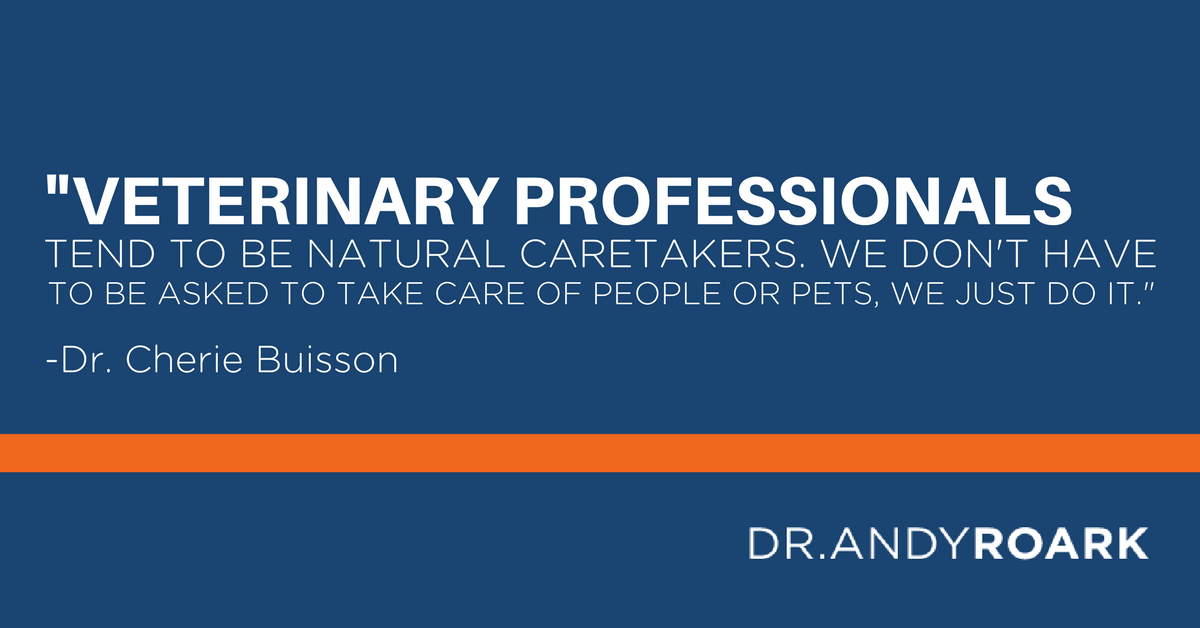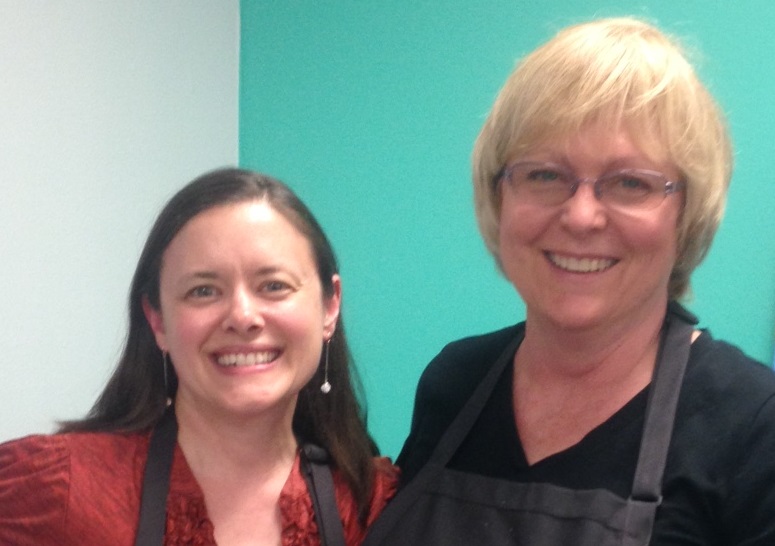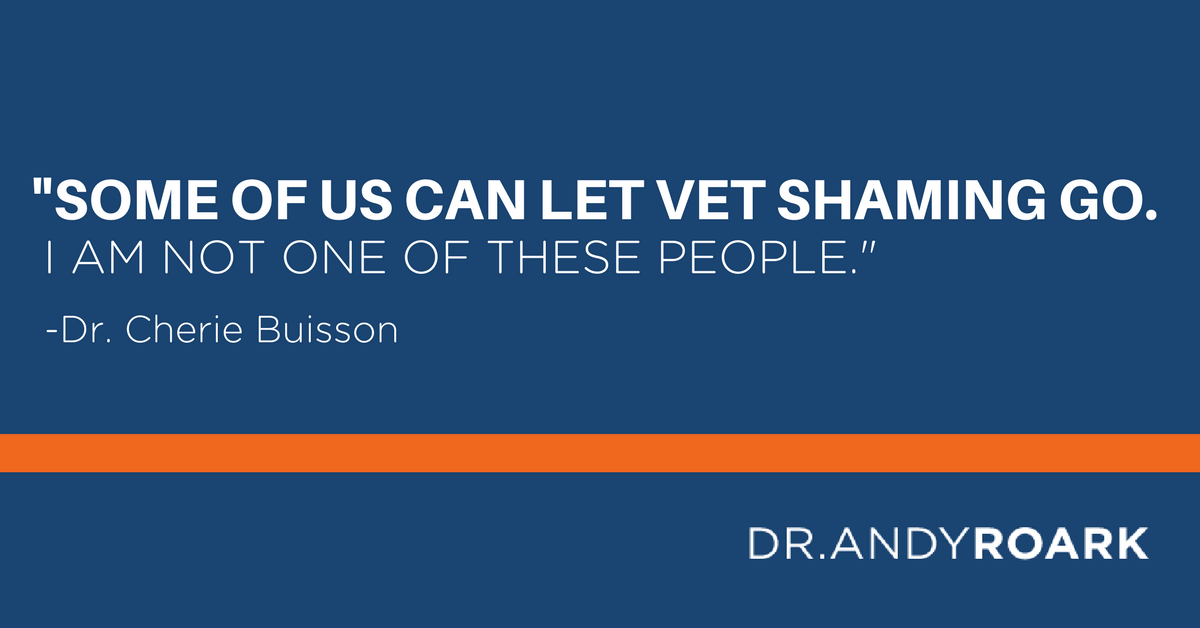Over a decade ago, I visited friends up in Georgia, and they served sautéed asparagus with dinner. I made a joke about asparagus pee, and my friend said, “Oh, I don’t get that. People talk about it, but I’ve never had it”.
We spent the next few minutes in a cheerful (and dinner inappropriate) conversation about the likelihood that someone didn’t produce the odor and how Mother Nature really seemed to have a lot of time on her hands to create peculiarities such as this one. Years later, I read an article hypothesizing that everyone produces the odor, but some people simply can’t smell it. This would explain everything, but as usual, there is controversy over the real answer.
Fast-forward to a local veterinary dinner where asparagus was on the menu. Once I got home, inspiration hit me in the bathroom. I remembered that I had been having a conversation with a colleague about how it is that some people (employees, spouses, kids) ignore messes and problems and others are constantly cleaning them up.

In talking to veterinary professionals, it’s a theme I hear over and over again. It’s a source of frustration and resentment to many. So I began to wonder: is this a production problem or a detection problem? Do some people just not “see” the things that need to be done or are they inherently lazy? I’m sure there’s no simple answer, but I have devised a test that can diagnose the problem AND help solve it.
Veterinary professionals tend to be natural caretakers. We don’t have to be asked to take care of people or pets, we just do it. Most of us are organized and efficient at getting things done. Some of us even take it a step too far and insist upon micromanaging those around us. We frequently declare that it’s easier to do it ourselves than explain it. In short, we end up burning ourselves out trying to manage everything on our own.
Asking for help doesn’t come naturally to us. Some of us even refuse to let our credentialed nurses do their job, so on top of everything we should be doing, we’re placing catheters, pulling blood, and in general annoying our coworkers.
At home, it’s a little different. Being taken care of is a luxury, so it’s easy for our families to allow us to do so, especially when we’re hell-bent on doing it anyway. After a while, cooking, cleaning, and managing everyone’s schedules while trying to work a stressful job becomes too much for us.
We can’t understand why people who are supposed to love and care for us use us this badly. We say things like, “I don’t understand how it never occurred to you to start dinner” or “I have to do everything around here”. We end up resentful, frustrated, and hurt. We think maybe being a spouse or a parent isn’t for us. We fantasize about running away and living alone. In the rare event that someone offers to help us, we will (for no good reason) turn them down.
Here’s the deal: if you ask for help, odds are you will get it. There you go, that’s the fancy test. If you expect that because you’re not home, someone will realize that they should start dinner, you will be disappointed and angry.
If you take 2 seconds to text “hey, I’m going to be late tonight can you start dinner?”, you might just walk in the house to amazing smells and a hot dinner on your plate. It would seem that the choice would be obvious, right? So why do we resist?
I know you want someone to take care of you the way you take care of EVERYONE else. I promise you, letting go of that fantasy will make you happier in the long run. Don’t expect anyone to read your mind. Ask for what you want. People who truly love and care for you will help you out if it’s feasible. If your spouse gets home and puts their feet up and refuses to start dinner even after you ask – perhaps some reevaluation of that relationship and a long talk are in order.
While you’re changing your behavior to make yourself happier, remember to pick your battles. If the towels the kids folded don’t meet at the corners, try closing the closet door and being grateful that you didn’t have to fold them. If you threw them in a wrinkly pile in the corner, they’d still absorb the same amount of water from your body. Let it go.
Your homework for today is to start asking for help and stop turning down offers of help. Put your feet up occasionally and let capable people fend for themselves. Start with small things and work your way up to the big ones. Assume the best about those around you until they prove you wrong. Then consider if maybe they need to be unhelpful somewhere else.
Consider this – why are you so worried about making the people around you angry when you are angry at them all the time?? Put your foot down and set some boundaries. We are our own worst enemies, and that has to stop if we want to be happy.
The views and opinions expressed in this article are those of the author and do not necessarily reflect the position of the DrAndyRoark.com editorial team.


